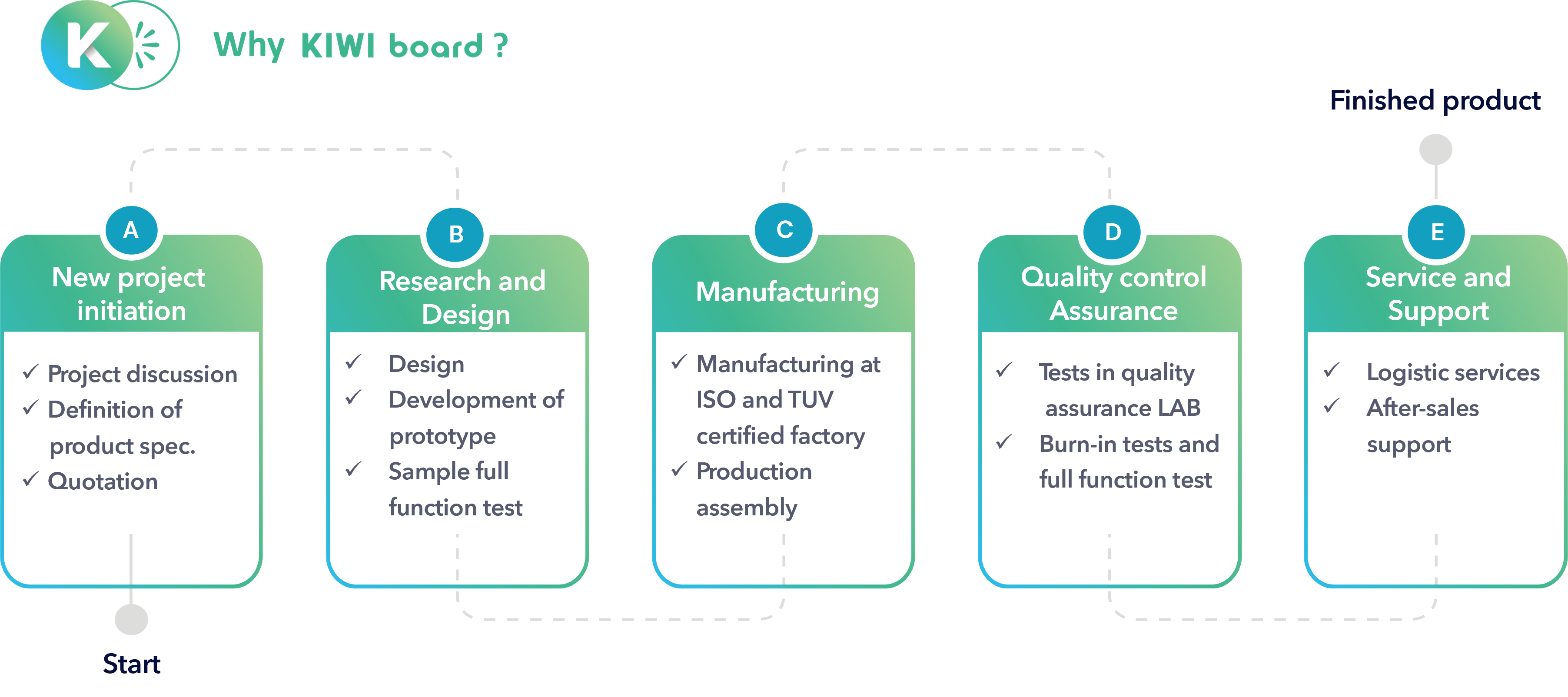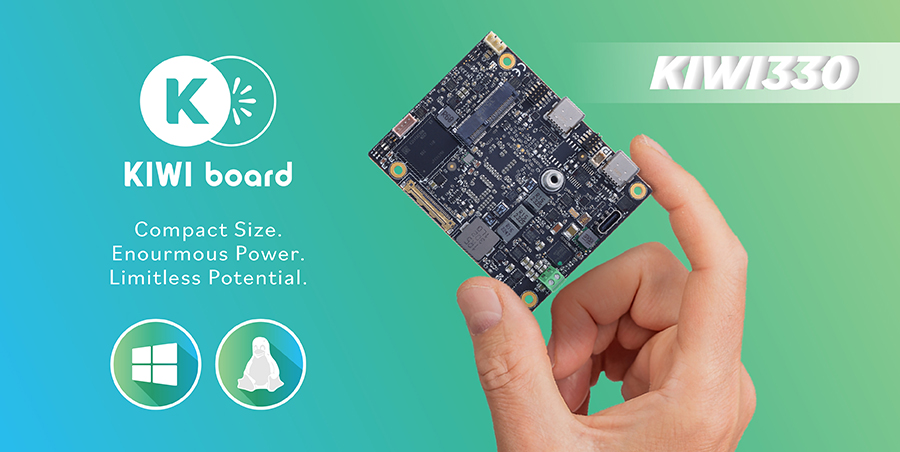
Solar-Powered Embedded Systems
As global efforts intensify toward building a greener and more sustainable future, the focus has shifted to embedded platforms that can operate autonomously, without relying on traditional power infrastructure. Whether it’s a smart bus stop, an environmental sensing station, or an agricultural control node, modern field deployments demand solutions that are not only energy-efficient but also self-sustaining, resilient, and grid-independent.
This is precisely where the KIWI330, in combination with the MIO expansion modules, demonstrates exceptional value. Designed for rugged environments and flexible integration, this compact yet powerful platform brings reliable computing to locations where power outlets are unavailable or impractical.
Turning Solar Energy into Intelligent Control
At the heart of a solar-powered system, the KIWI330 offers a compact and efficient architecture for off-grid computing. During daylight hours, rooftop solar panels installed on the bus station generate up to 19V DC, which a solar charge controller regulates. This controller ensures safe and stable charging of a 12V battery system, which stores energy for continuous operation, even during the night or cloudy weather. The KIWI330 draws power directly from this battery, eliminating the need for additional conversion hardware and ensuring uninterrupted system performance. The MIO333 expansion module enhances the platform by adding essential interfaces, including I²C, SPI, UART, GPIO, and dedicated 5V/3.3V outputs, enabling seamless integration with sensors, displays, and control elements.
In a real-life application, this configuration can be deployed in solar-powered bus stations, where the KIWI330 powers an eDP panel directly or, via a MIO module, drives an HDMI panel to display real-time arrival schedules, service alerts, and route information. GPIO-controlled LEDs provide visual cues for approaching buses or system status. I²C sensors monitor environmental conditions such as temperature, humidity, and ambient light, allowing automatic brightness adjustment and climate reporting. Additional components, such as USB audio announcements, wireless modules (LTE/Wi-Fi/GPS) for data updates, and emergency call buttons, can also be integrated. This robust, autonomous system ensures reliable transit information services in both urban and remote locations, without relying on conventional grid infrastructure—an ideal solution for smart cities focused on sustainability and accessibility.

KIWI330 Engineered for Edge
Unlike conventional development boards, the KIWI330 is purpose-built to meet the demands of real-world, edge computing scenarios. It offers a rare combination of x86 processing power, compatibility with Linux and Windows, and an architecture designed for long-term, embedded deployment.
The MIO expansion modules elevate the system further by transforming it into a fully customizable solution. Whether you're developing a solar-powered control panel, a standalone kiosk, or an environmental gateway, the platform’s I/O-rich design and expandability allow developers to tailor hardware functionality to match application-specific requirements with ease.
About KIWI board
KIWI board is a complete solution provider, supporting all aspects of your project, from hardware to software to system integration, to keep your application running securely, reliably, and at peak performance. KIWI board builds its products for high reliability, performance, security, scalability, and versatility. So, customers can expect a long lifespan, quickly adapt to evolving system requirements, and adopt future technologies as they emerge.
Next steps
Ready to talk about your projects with a KIWI board expert? Contact us
Want to hear more from KIWI board? For our newsletter, Sign up
Or request a quotation







